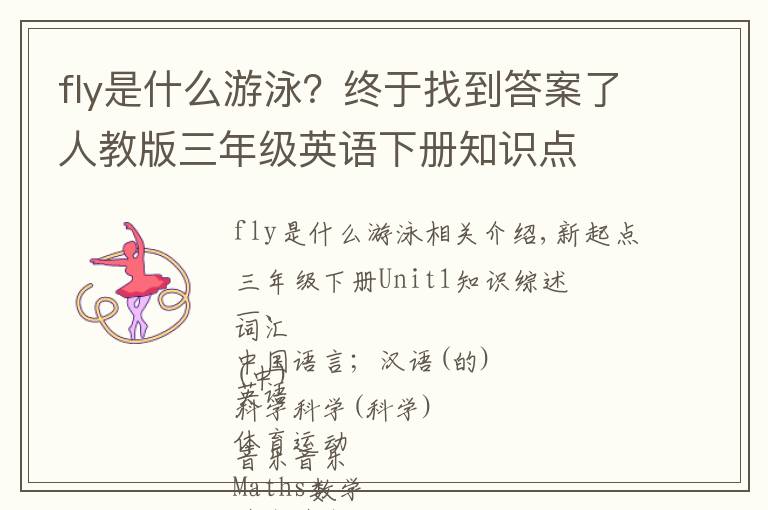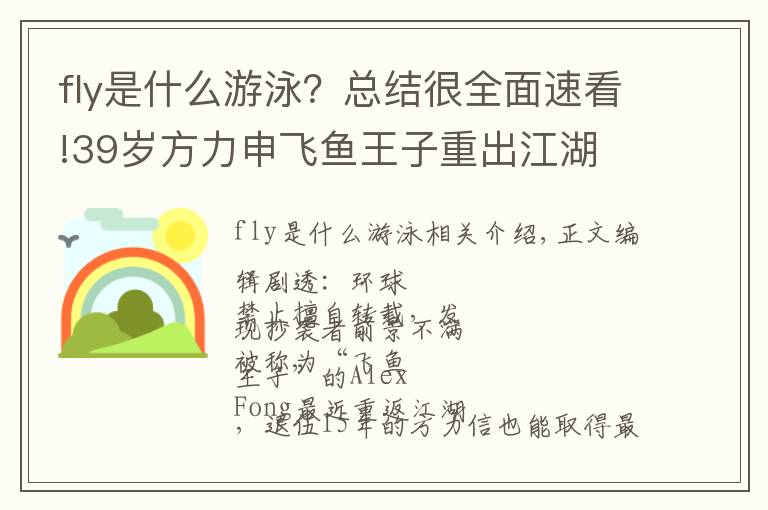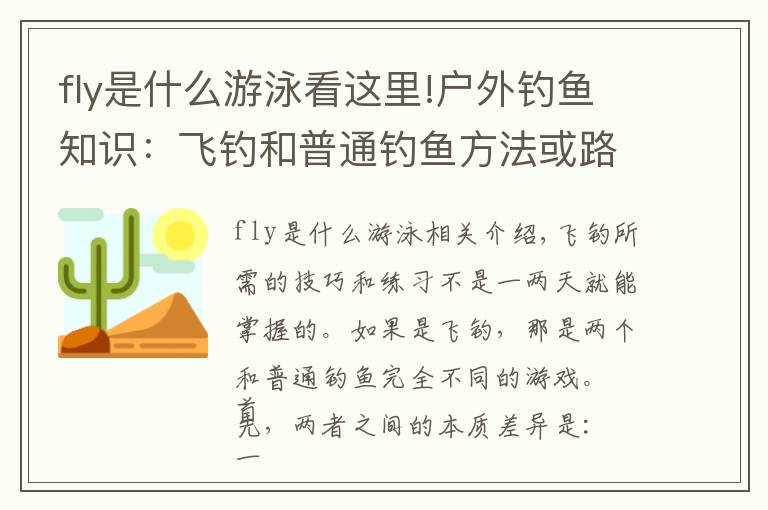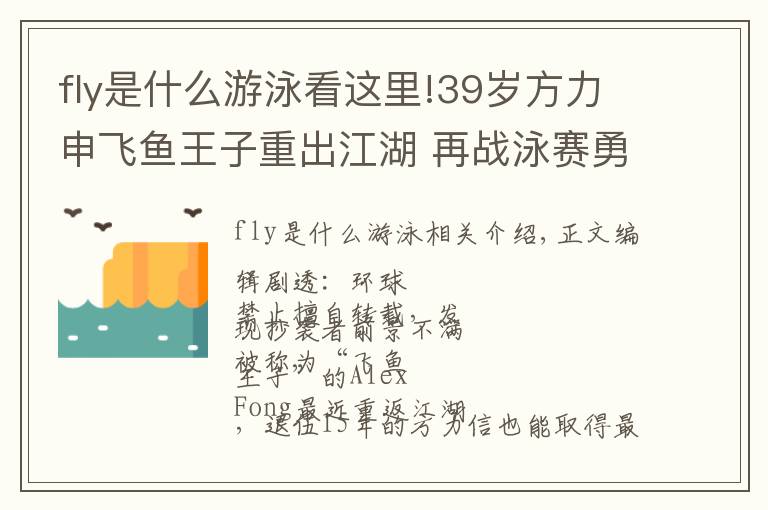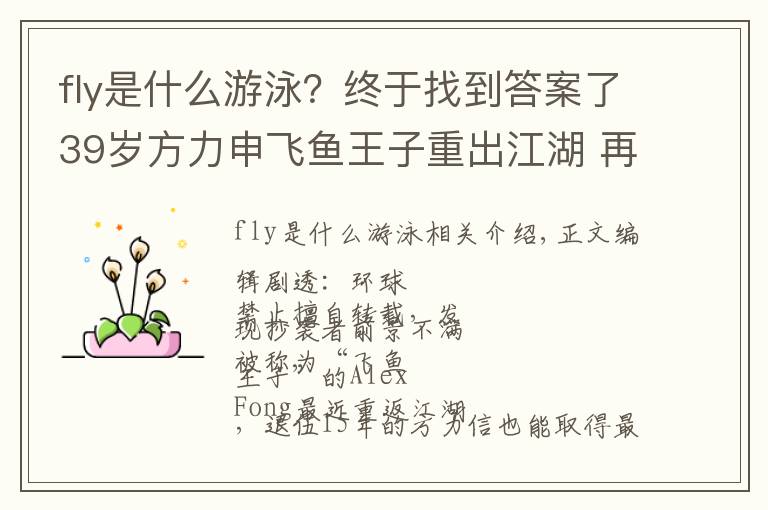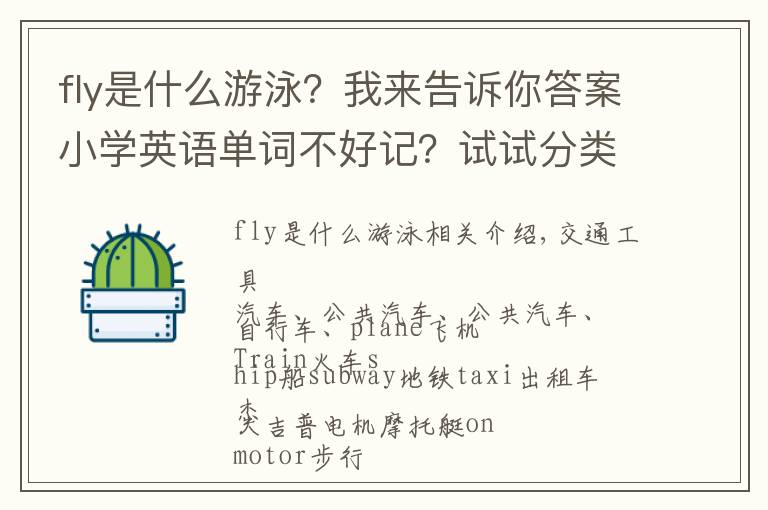明德
1.mind doing sth不介意做某事。例如:
I don't mind being poor。我不在乎贫穷。
We don’t mind waiting. 我们不介意等候。
注:doing 前有时可有逻辑主语。如 :
I hope you don’t mind me [my] bringing the dog with me.
我想把狗一起带去,希望你不会介意吧。
I don’t mind the window being open. 窗户打开我不介意。
2. Never mind.
(1) 不用了,谢谢了(用于回答别人的主动提供)。如:
A:Let me carry it for you. 我替你拿吧。
B:Never mind. 不用啦。
(2) 没关系(用于回答道歉)。如:
A:Sorry, I’ve kept you waiting. 对不起,让久等了。
B:Never mind. 没关系。
注:Never mind. 可用来回答道歉,但不用来回答感谢。
(3) 不要紧,没关系(表示劝慰)。如:
Never mind, my boy. You’ll feel ever so much better when it’s all over. 不要紧的, 孩子,等事情过去你就会好多了。
3. Would [Do] you mind……? 请你……好不好,倘若……你见怪吗? 如:
Would [Do] you mind opening the door? 请你把门打开好吗?
Would [Do] you mind my opening the door? 我打开门你介意吗?
Do you mind if I sit here? 我坐在这儿你介意吗?
Would you mind if I went home early today? 我今天早点回家可以吗?
注:在该结构中,用 would 比用 do 更客气委婉,mind 其后通常接动名词或 if 从句。另外,用 Would you mind if ……时,从句谓语通常用过去式。最后注意对这类句型的回答(针对 mind而言)。如:
A:Do you mind if I smoke? 我抽烟你介意吗?
B:No. 不介意(即同意你抽烟)。
B:Yes. 介意(即不同意你抽烟)。
当于有时为了使语气委婉,可有其它一些说法。如:
表示不同意,可用 Yes, I do mind. / Please don’t…… / Betternot, please. / I’d rather you didn’t. / I’m sorry, but……等。
表示同意,可用 Oh, no, please. / No, not at all. / Not at all. / Cerainly not. / Of course not. / No, go ahead. 等。
4. change one’s mind 改变主意。如:
I was going to leave tomorrow, but I’ve changed my mind. 我原打算明天离开的,但我已改变了主意。
Nothing will make me change my mind. 什么也不能使我改变主意。
5. make up one’s mind 决定,决心。如:
He made up his mind to stay. 他决定留下。
You made up my mind. 你使我下定了决心。
We made up our minds to spend our holiday in the country. 我们决定到乡下去度假。
minute
1. at the last minute 在最后一刻。如:
He changed his mind at the last minute and came with us. 他在最后一刻改变了主意,同我们一起来了。
2. in a minute 一会儿。如:
I’ll be back in a minute. 我一会儿就回来。
3. to the minute 一分不差,恰好。如:
He wakes up every morning at 7 o’clock to the minute. 他每天早上七点钟准时起床。
4. the minute (that) 一……就。如:
We’ll leave the minute he comes. 他一来我们就走。
I want to see him the minute (that) the arrives. 他一到来我就要见他。
5. up to the minute 时新的,最新的,时髦的。如:
Her clothes are always right up to the minute. 他的衣服总是很入时。
miss
1. miss (doing) sth 错过(做)某事。如:
I missed (hearing) the news. 我没听到这个消息。
He just missed being struck. 他险些儿被打着。
He missed (going to) the meeting on Sunday. 星期天他没能去开会。
2. miss out
(1) 漏掉,遗漏。如:
Make sure you don’t miss any details out. 你要确保未漏掉任何细节。
The printers have missed out a whole line here. 印刷工人在这里漏了一整行。
(2) 失去得到……的机会。如:
He came late and missed out on most of the fun. 他来迟了所以错失了许我乐趣。
mistake
1. by mistake 错误地,弄错地。如:
I took his umbrella by mistake. 我错拿了他的伞。
He put salt in her cup of tea by mistake. 他错把盐放进了她的茶里。
2. make a mistake 弄错,出错,犯错误。如:
He made a mistake about the time. 他弄错了时间。
Don’t make any mistake about me. 不要误解我的意思。
This time I made some mistakes in grammar. 这次我出了几个语法方面的错误。
注:以下两句其后搭配不同,其前所用介词也有所不同:
I made a mistake in bringing you up here. 我错了, 不该把你带到这儿来。
He made the mistake of selling his house. 他错了,不该把房子卖掉。
3. mistake sb (sth) for 把……误认为是……。如:
She mistook a rope for a snake. 她把一条绳子误认为蛇。
He mistook me for my younger brother. 他把我错当作我弟弟。
moment
1. at any moment 随时(可能有某情况)。如:
He’ll be here at any moment. 他随时都会来。
You can go to see him at any moment. 你可以随时去看他。
2. at the moment 现在,此刻,一时。如:
I am busy at the moment. 我此刻很忙。
I know his address, but I can’t think of it at the moment. 我知道他的住址,但我一时想不起来。
注:若用于过去时态,则表示“当时”、“那时”。如:
He was ill at the moment. 他当时生病了。
3. for a moment 一会儿。如:
Please wait for a moment. 请稍等片刻。
Won’t you come in for a moment? 请进来一下好吗?
4. for the moment 暂时,目前。如:
We can leave it open for the moment. 我们可以暂时让它开着。
I have nothing to do for [at]the moment. 此刻我无事可做。
Stop discussing for the moment. 请暂停讨论。
5. in a moment 不久,很快,马上,立即。如:
I will be back in a moment. 我马上回来。
They repaired the machine in a moment. 他们很快就把机器修好了。
6. the moment (that) 一……就……。如:
I started the moment I got your letter. 我一收到你的信就动身了。
The moment I saw him I knew that there was no hope. 我一见到他就知道没有希望了。
more
1. more and more
(1) 越来越多的(修饰名词)。如:
More and more people began to move to the city. 越来越多的人向城市搬迁。
More and more money was spent on it. 在这上面花的钱越来越多。
(2) 越来越……(修饰形容词、副词、动词等)。如:
As time went on, he found it more and more difficult to support his family. 他日渐发觉要养活一家人是越来越难了。
The public is more and more growing to respect efficiency. 公众正在日益重视效率。
2. more or less
(1) 或多或少,在一定程度上,大体上。如:
The job is more or less finished. 工作大体上完成了。
His condition has more or less improved. 他的情况多少有些改进。
(2) 大约,左右。如:
The repairs will cost $50,more or less. 修理费大约要50美元。
This hospital has 50 patients more or less every day. 这家医院每天大约有50位病人。
(3) 一点也不(用于否定句)。如:
I didn’t understand it, more or less. 我一点也不懂。
3. more than
(1) 多于(通常后接数词)。如:
I’ve known him for more than twenty years. 我已认识他 20多年了。
(2) 不只是,不仅仅是(通常后接名词、动词、从句等)。如:
He is more than a father to her. 他待她胜过父亲。
He more than smiled, but laughed. 他不只是微笑,而是放声大笑。
The result was much more than I imagined. 结果远远超过我的想像。
(3) 极其,非常(通常后接形容词、副词或分词等)。如:
She was more than kind to us. 她对我们很友好。
He was more than upset by the accident. 这个意外事故使他非常心烦意乱。
(4) 难以,完全不能(其后通常连用情态动词 can)。如:
That is more than I can tell(=I can’t tell that). 那事我实在不明白。
4. more…than
(1) 比……多,比……更。如:
He has more books than me. 他的书比我多。
He is more careful than the others. 他比其他人更仔细。
注:more 受 much 和 many 的修饰, 应分别与不可数和可数名词连用。如:
His car cost much more money than mine. 他的小汽车所花的钱比我的多得多。
There are many more people than we expected. 比我们想象的人要多得多。
(2) 与其……不如。如:
He is more lucky than clever. 与其说他聪明,不如说他幸运。
He was more frightened than hurt. 他伤倒不算什么,可受惊不小。
He is more (a) scholar than (a) teacher. 与其说他是位教师,不如说是位学者。
注:该句型主要用于同一个人或物在两个不同性质或特征等方面的比较(比较级必须 more, 不能用加词尾 -er 的形式)。
5. no more
(1) 也不。如:
A:I cannot understand this at all. 我根本不懂这个。
B: No more can I. 我也不懂。
(2) 不能再多,没有更多的(表示数或程度)。如:
I can eat no more. 我不能再吃了。
There is no more bread. 没有面包了。
I have no more to say. 我再没有什么要说的了。
(3) 不再(表示时间)。如:
I’ll go there no more. 我将再也不去那里了。
注:这样用的 no more 通常用于句末, 一般要与非延续性动词连用。该结构与 not……any more 换用,后者用法更广, 可用于延续性或非延续性动词。如:
He doesn’t work here any more. 他不在这儿工作了。
6. no more than 仅仅,只有,只不过。如:
He is no more than an ordinary English teacher. 他只不过是个普通的英文老师。
It is no more than) a mile to the railway station. 去火车站不过一英里。
7. no more…than 同……一样不。如:
He is no more a writer than a painter. 他不是画家,也不是作家。
A whale is no more a fish than a horse is. 马不是鱼,鲸也不是鱼。
He can no more swim than I can fly. 他不会游泳,就像我不会飞一样。
注:该结构用于两者比较,并且否定两者,有时相当于 neither…nor…。如以上前面两句也可写成:
He is neither a writer nor a painter.
Neither a horse nor a whale is a fish.
另外,比较 not more……than(不如,不比)。如:
I am not more clever than he is. 我不如他聪明。
She is not more beautiful than her mother. 她不如她母亲漂亮。
8. the more…,the more(less)… 越……越(不)……。如:
The more I see of him, the less I like him. 我越是见他,越是不喜欢他。
The more you know, the more you’ll realize how little you know. 你知道得越多,你就越会体会到你知道得那么有限。
9. what’s more 而且。如:
He came home after midnight, and what’s more, he was drunk. 他半夜过后才回家,而且喝醉了。
He learns easily, and what’s more, he remembers what he has learnt. 他学习起来很容易,而且他所学习过的都记得住。
most
1. at (the) most 至多,最多。如:
He is 25 years old, at (the) most. 他至多25岁。
At most, I’ll be away two days. 我最多离开2天。
He got $50, at (the) most, for what he did. 他所做的工作最多只得了50美元的报酬。
2. for the most part 大部分,基本上,多半,一般说来。如:
I agree for the most part with what you say. 我基本上同意你所说的。
The students could for the most part follow my lecture. 学生们基本上能理解我讲课的内容。
3. make the most of 充分利用,善为利用。如:
She’s not really beautiful, but she makes the most of her looks. 她并不十分漂亮,但很会打扮。
He studies hard. He wants to make the most of his chance to learn. 他学习很努力,他要尽量利用学习的机会。
4. most of 大多数,大部分。如:
I know most of them. 我认识他们大部分人.
Most of her money was stolen. 她的大部分钱被走偷了。
mouth
1. by word of mouth 口头上。如:
I’ve informed him by word of mouth. 我已口头告诉了他。
2. from hand to mouth 现挣现吃,仅能糊口地。如:
They can only live from hand to mouth. 他们的日子是只能糊口。
3. from mouth to mouth 口口相传,人传人地,很快地。如:
The news spread rapidly from mouth to mouth. 这条消息很快就传开了。
much
1. be too much for sb 对某人太难,为某人力所不能及。如:
That’s too much for me. 这我受不了。
I’m afraid the trip is too much for her. 我怕旅途太劳累了。
His parents’ expectation was too much for him. 他父母对他的期望太高了。
2. Much as
(1) 非常像。如:
Plants need food, much as animals do. 植物需要养料,就像动物一样。
(2) 尽管。如 :
Much as I want to, I can’t come. 尽管我想来,但还是不能来。
3. much too 太……。如:
You are much too kind to me. 你对我实在太好了。
This one is much too big. 这个确实太大了。
注:much too 是 too 的强势语,用法与 too 相似。比较:too much 为 much 的强势语,用法与 much 相似。如:
There’s too much water. 水太多了。
You have given me too much. 你已经给我太多了。
4. so much for 到此为止,到此结束。如:
"So much for today. " said the teacher. “今天就讲到这里吧”,老师说道。
So much for that. Let’s talk about something else now. 此事就谈到此,我们谈点别的什么吧。
music
1. face the music 承担后果,受处罚。如:
It’s your mistake; now face the music. 这是你的错,现在去承但责任吧。
For years he’s been selfish and irresponsible, and now he’s got to face the music. 几年来他一直自私自利, 不负责任,现在他该承但后果了。
must
1. if you must 如果你一定要做的话。如:
A:Can I watch TV tonight, Mum? 妈妈,今晚我可以看电影吗?
B:If you must. 如果你一定看的话就看吧。
2. must be doing 一定在做某事。如:
She must be crying. 她一定在哭。
He must be writing a letter to his girl friend. 他一定在给他女朋友写信。
注:若表示从过去到现在一直在延续的事,则用must have been doing。如:
They must have been talking about it. 他们一定一直在谈论此事。
3. must have done 一定已经做了某事。如:
I can’t find my pen anywhere. I must have lost it. 我的钢笔到处都找不到,我一定是把它弄丢了。
I didn’t hear the phone. I must have been asleep. 我没有听到电话铃,我一定是睡着了。
N
name
1. by name
(1) 名叫。如:
I met a man, John by name. 我见到一个名叫约翰的人。
比较:
Do you know a man by the name of John? 你知道有个名叫约真的人吗?
(2) 凭名字,用名字。如:
I know him only by name. 我只听人说起过他的名字。
We all call him by name. 我们都叫他名字。
2. in name 名义上,有名无实。如:
He is a specialist in name but not in reality. 他名义上是专家,但实际上不是。
He was a professor in name only, and did no work at the university. 他只是个挂名教授,不在大学里工作。
3. name after [for] 以……的名字命名。如:
The boy is named after [for] his grandfather. 这男孩是以其祖父的名字取名的。
4. name sb sb
(1) 给某人取名为某名。如:
We named our son George. 我们给儿子取名为乔治。
(2) 任命某人为某职。如:
The President named him Secretary of State. 总统任命他为国务卿。
nature
1. by nature 生性地,天生地。如:
She is generous by nature. 他生性慷慨。
He is a careful man by nature. 他是个天生小心的人。
2. in nature
(1) 本质上,事实上。如:
His problem was personal in nature. 他的问题本质上属个人问题。
(2) 究竟,到底。如:
What in nature do you want? 你到底想要什么?
near
1. come near to (doing) sth 几乎做某事,差不多做某事。如:
Dark brown comes near to black. 深褐色近乎黑色。
He came near to killing her. 他差点儿杀了她。
She came near to tears. / She came near to crying. 她差点哭了。
注:有时该结构中的介词 to 可以省略。如:
I came near forgetting my raincoat. 我差点把雨衣给忘了。
2. near at hand 即将到来,在近旁。如:
The examinations are near at hand. 考试即将要到了。
I always keep a dictionary near at hand. 我总是将词典放在随手可拿到的地方。
3. near by 在附近。如:
Is there a hospital near by? 这附近有医院吗?
Does the man live near by? 这个人住在附近吗?
nearly
1. not nearly 远非,远不及,根本没有。如:
There isn’t nearly enough time to learn all these words.
要把这些生词都学会,时间远远不够。
It’s not nearly so difficult as you think. 这远不像你想象的那么难。
2. pretty [very] nearly 几乎,差不多。如:
The car is pretty nearly new. 这汽车几乎是全新的。
necessary
1. be necessary to [for] sb (sth) 对某人(某物)有必要。如:
Sleep is necessary to [for] health. 睡眠对健康是必要的。
Food is necessary for [to] life. 食物对生命是必要的。
2. if necessary 如果有必要的话。如:
This discussion can, if necessary, be continued tomorrow. 如有必要,这个讨论明天可以继续进行。
3. it is necessary for sb to do sth 某人做某事是有必要的。如:
It’s necessary for us to buy a computer. 我们买台电脑是有必要的。
注:该句型可与后接从句的句型互换(从句通用虚拟语气)。如:
It’s necessary that we (should) buy a computer.
need
1. needn’t do sth 不必做某事。如:
He needn’t come to the meeting. 他不必来开会了。
You needn’t tell him; he has known it. 你不必告诉他了,他已经知道了。
2. needn’t have done 本来不必做某事。如:
You needn’t have left so early. 他本来不必那么早离开的。
We needn’t have told him about it. 我们本来不必把此事告诉他的。
比较:didn’t need to do 与 needn’t have done: 前者表示因为没有做某事的必要,所以没有去做;后者表示某事已经做了,但后来觉得没必要去做,含有责备或遗憾之味。如:
I didn’t need to get up early this morning, so I stayedin bed until 9 a. m. 今天早上我不必早起, 所以我一直睡到上午9点钟才起床。
I got up early, but I needn’t have done so, because I hadno work to do that morning. 我起床起得很早,但我本来不必起那么早的,因为我那天早上没什么事做。
3. need doing sth 需要做某事。如:
The room needs cleaning. 这房间需要打扫了。
Your hair needs cutting. 你的头发该理了。
The old man needs looking after. 这位老人需要人照顾。
注:这里的 need 表示“需要”,这类结构的主语其实就是其后动名词的逻辑宾语,但值得注意的是,该动名词虽含有被动意味但却不用被动形式,但若改为不定式,而要用被动式,如以上三句也可说成:
The room needs to be cleaned.
Your hair needs to be cut.
The old man needs to be looked after.
4. if need be 如果需要的话。如:
I can show him how to do it, if need be. 如有必要我可以给他示范如何做。
If need be, I can do extra work at the weekend. 必要时我可以在周末加班。
注:该结构中的 be 不可改为 is, are 等。
5. in need of 需要。如:
Are they in need of money (help)? 他们需要钱(帮助)吗?
They are in great need of English teachers. 他们急需英语教师。
6. have (no) need of 需要(不需要)……。如:
I have need of a friend. 我需要有个朋友。
We have need of knowledge. 我们需要知识。
We have no need of money (doctors). 我们不需要钱(医生)。
注:有时也用介词 have (no) need for, 但不常见。
7. There’s a (no) need for 需要(不需要)……。如:
There is no need for help. 不需要帮助。
There is a great need for a new book on the subject. 非常需要有一本这方面的新书。
There is a growing need for new housing in this area. 这一地区对新房的需求在不断增长。
注:有时也用介词 There’s a (no) need of, 但不常见。
8. the need to do sth 做某事的必要。如:
We have no need to be afraid of them. 我们没必要他们。
I feel a need to talk to you about it. 我觉得有必要和你谈谈那件事。
注:有时也用 the need of doing sth 的形式。如:
There’s no need of hurrying [to hurry]. 没必要匆匆忙忙。
neither
1. neither…nor… 既不……也不……。如:
It’s neither too cold nor too hot. 天气既不太冷也不太热。
Mary neither likes maths nor (likes) history. 玛丽既不喜欢数学也不喜欢历史。
Neither boys nor girls are interested in it. 男孩子和女孩子对此都不感兴趣。
注:若连接两个句子,要用倒装。如:
Neither does he smoke nor does he drink. 他既不抽烟也不喝酒。
2. neither of ……两者都不。如:
Neither of my parents knows English. 我父母都不懂英语。
I met neither of them in the park. 我在公园他们俩人都没见到。
注:neither of 后接名词时,名词前必须要有限定词。如:
这两部电影都没有趣。
正:Neither of the films is interesting.
误:Neither of films is interesting.
nervous
1. be nervous about [of] 对……感到紧张或害怕。如:
We’re nervous about [of] our first trip abroad. 我们对初次出国旅行感到很紧张。
He’s nervous about [of] staying alone at night. 他害怕晚上一个人呆着。
next
1. (the) next time 下一次。如:
I’ll tell him about it (the) next time I see him. 我下一次见到他时,我就把这个情况告诉他。
Come to see us next time you are in town. 下次进城来,到我们这里来玩。
2. next to
(1) 紧挨着。如:
He sat next to a pretty girl. 他坐在一个漂亮姑娘旁边。
The man next to Bill was talking to him in French. 比尔旁边的那个人正在用法语同他交谈。
(2) 仅次于,除……之外。如:
It is the largest city next to London. 它是仅次于伦敦的最大城市。
Next to riding, I like swimming best. 除了骑马外, 我最喜欢游泳(或:我喜欢游泳的程度仅次于骑马)。
(3) 几乎,简直。如:
It’s next to impossible to drive in this traffic. 在交通这样拥挤的情况下几乎无法驾车行驶。
A:How much do these things cost? 这些东西花了多少钱?
B:Next to nothing. 向乎没花钱。
nice
1. be nice to sb 对某人友好。如:
Try to be nice to your parents. 要设法对父母友好。
He is nice to his students. 他对学生很友好。
2. It is nice of sb to do sth 某人做某事真是很好。如:
It is very nice of you to say that. 你这样说真是太好了。
It was very nice him to drive us to the station. 他开车送我们去车站真是太好了。
注:该句型也可换成 sb is nice to do sth。如:
It’s very nice of you to come and see me. / You are very nice to come and see me. 你来看我,实在太好了。
3. It is nice to do sth 做某事很好。如:
It’s nice to go with them. 同他们一起去很好。
It’s really nice to see you again. 又见到你真是太好了。
4. nice and 很,非常。如:
It’s nice and warm by the fire. 火炉边很暖和。
Our classroom is nice and large. 我们的教室很宽大。
night
1. all night (long) 整夜,通宵。如:
Heat was provided all night long. 暖气通宵供应。
The nurse sat by the patient all night (long). 护士整夜守在病人身旁。
2. at night 在晚上。如:
These animals only come out at night. 这些动物只在晚上才出来。
People get higher pay for work done at night. 加夜班工资较高。
It’s too hot in the day and too cold at night. 白天太热晚上太冷。
注:at nights 意为“夜间经常地”。如:
I can’t sleep at nights. 我晚上经常睡不着。
3. by night 晚上,夜间。如:
I don’t like travelling by night. 我不喜欢夜间旅行。
What is done by night appears by day. 若要人不知, 除非己莫为。
These small animals sleep by day and hunt by night. 这些小动物昼伏夜出猎食。
比较 at night 与 by night:两者均泛指“夜晚”, 其中不用冠词,有时可互换。如:
Cats can see well at [by] night. 猫在晚上能看得很清楚。
)
The enemy often attack at [by] night. 敌人经常在夜间进攻(偷袭)。
但两者比较而言:at night 多与 in the day 对比使用;而 by night 则多与 by day 对比使用;另外,by night有时还有“趁着黑夜”之意。如:
He escaped by night. 他趁着黑夜逃走了。
4. in the night 在夜间,半夜里。如:
I woke up twice in the night. (那天)晚上我醒过两次。
There was a thunderstorm in the night. (那天)夜里下了场暴风雨。
It was cold in the night and he slept heavily. (那天)夜里很泠,他睡得很沉。
注:该短语通常用来指特定的某个晚上,常暗示有“那天晚上”之意,主要用来说明一时的动作。偶尔也可泛指一般的夜晚,用以修饰一个习惯性动作,但此时多以 in the nights 代之。如:
Do you have to get up in the night(s)? 你夜晚起来吗?
5. night and day 日夜,日日夜夜。如:
The earth moves night and day. 地球昼夜不停地转。
It rained all day and all night. 雨整日整夜地下。
注:night and day 也可说成 day and night。
1.《fly是什么游泳看这里!英语词块:短语与句型一览无余之十七》援引自互联网,旨在传递更多网络信息知识,仅代表作者本人观点,与本网站无关,侵删请联系页脚下方联系方式。
2.《fly是什么游泳看这里!英语词块:短语与句型一览无余之十七》仅供读者参考,本网站未对该内容进行证实,对其原创性、真实性、完整性、及时性不作任何保证。
3.文章转载时请保留本站内容来源地址,https://www.lu-xu.com/tiyu/2109968.html
